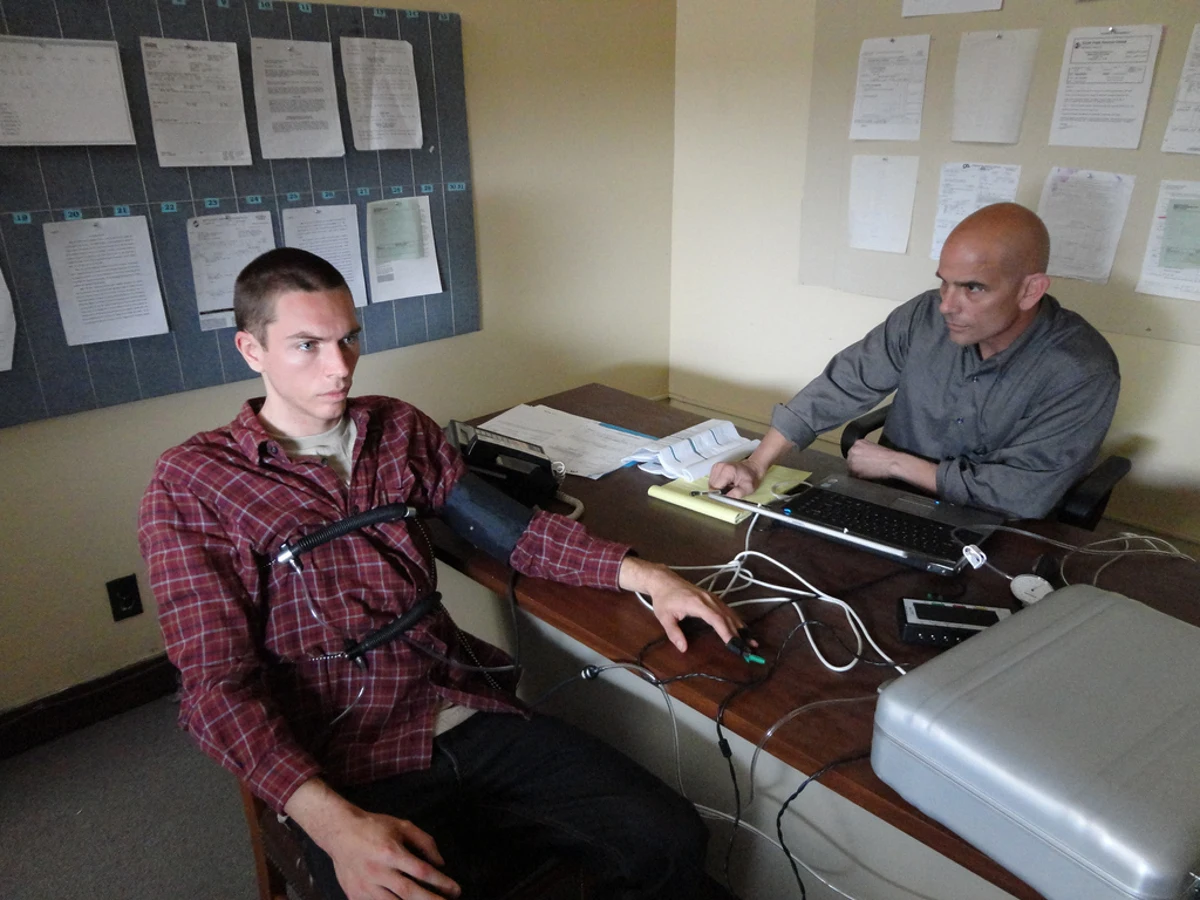The MKUltra Project: Secret Mind Control Experiments
Project MKUltra, an insidious enterprise hatched in the shadows of the Cold War, is revealed to be an intriguing puzzle in the history of research and government intervention. This exhaustive analysis plunges us into the complexities of the secret program, uncovering a compendium of experiments that, over decades, boldly ventured into the uncharted terrain of mind control. From its origins to its consequences, this detailed journey sheds light on the darkest interiors of MKUltra, exploring its motivations, methods, and lasting impact on the perception of ethics and the limits of human experimentation.
The emergence of MKUltra in the 1950s as a CIA initiative to understand and manipulate the human mind reveals a web of intrigue in the context of the Cold War. Designed with both defensive and offensive objectives, the program immerses itself in a series of experiments ranging from hypnosis to the administration of psychoactive substances, aiming to unravel the mysteries of the human psyche.
The narrative delves into the complex web of experiments carried out in various locations, from academic institutions to prisons and hospitals. The use of substances such as LSD and mescaline, along with psychological manipulation techniques, exposes the range of methods that were explored in the quest to influence and control human behavior.

The declassified files reveal not only the methods, but also the key individuals behind MKUltra. From scientists engaged in research to intelligence agents overseeing operations, each figure unravels a part of the puzzle. The motives that drove the program, from Cold War paranoia to the pursuit of advanced interrogation techniques, are analyzed in detail.
The story is enriched with testimonies from those affected by the experiments, questioning not only the ethics of mental manipulation without consent, but also the psychological consequences left in its wake. The trauma inflicted on individuals who were unaware of the true nature of the procedures highlights the human consequences of the unbridled pursuit of knowledge.
As time progresses, MKUltra evolves, adapting to political and social changes. Scandals and congressional hearings shed light on the magnitude of the operations and the lack of oversight. The declassification of documents in later decades allows for a critical evaluation of the ethical and legal implications of the MKUltra.

Ultimately, this detailed journey through Project MKUltra invites deep reflection on the limits of scientific research in the name of national security. How far can the search for knowledge go before violating the fundamental rights of individuals? The dark shadow of MKUltra, with its disconcerting revelations and ethical ramifications, persists as a disturbing reminder of the risks inherent in unfettered human experimentation.
